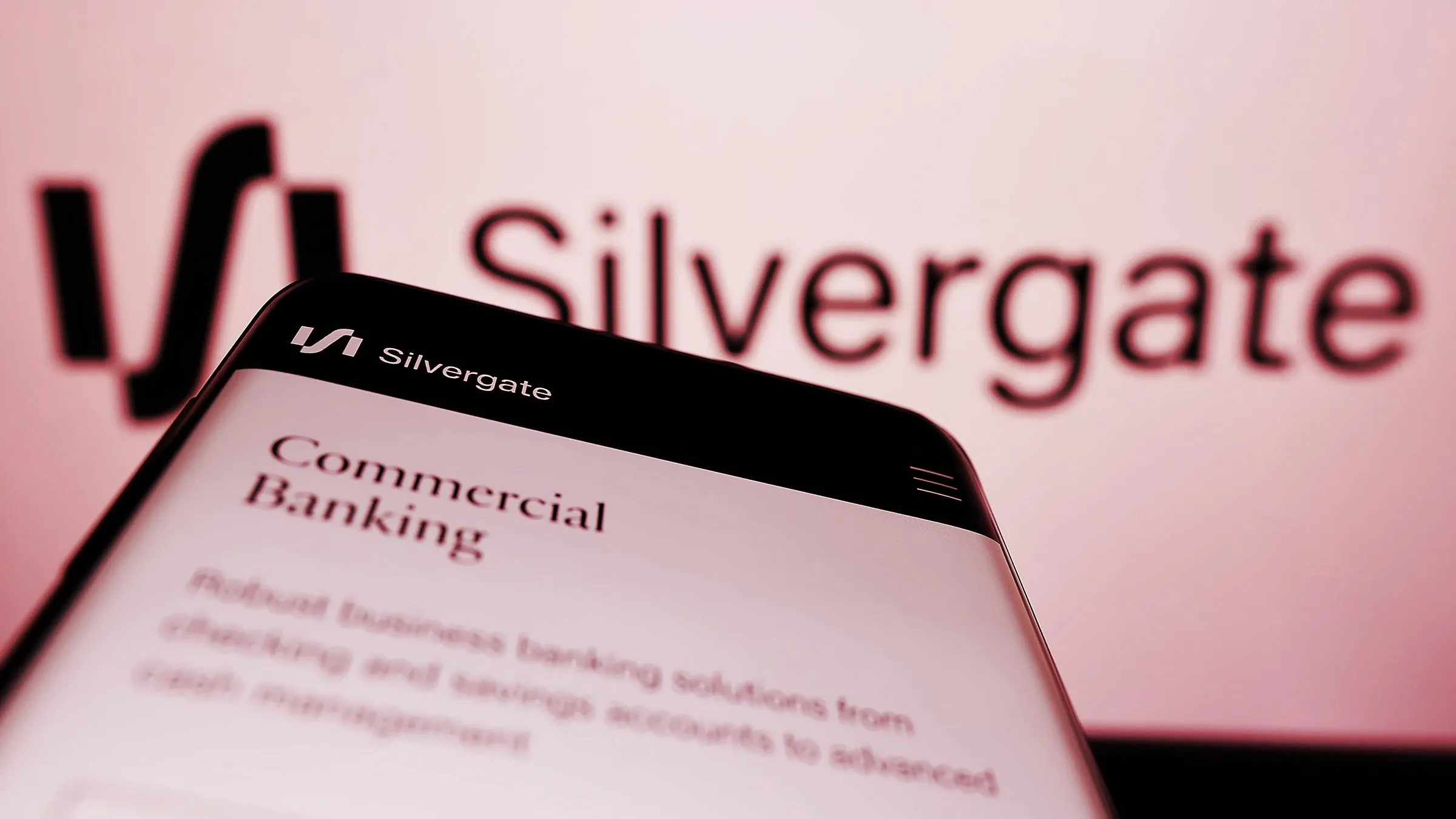Block.one, the Peter Thiel-backed crypto startup that famously raised $4 billion in an ICO for Ethereum competitor EOS, said in a press release Wednesday that it has sold its entire Silvergate Bank equity position.
In a statement, Block.one said that it “exited” its equity position following Silvergate’s announcement last week that it would not file its annual report with the U.S. Securities and Exchange Commission on time. On Wednesday, Silvergate confirmed that it will wind down operations.
Block.one wrote that while it’s disappointed in how things have ended for Silvergate, it is still “unwavering that banks and other financial institutions embracing the digital asset and cryptocurrency sectors are well-positioned.”
By the end of last year, Block.one CEO Brendan Blumer and his company held a combined 9.9% stake in Silvergate Bank worth approximately $95 million, according to SEC filings. He first acquired a 9.27% stake in November for about $92 million, and the rest on December 31.
As of last Friday, when Block.one said it exited its equity position, Silvergate’s shares closed trading at $5.69. At the time, Block.one’s position would have been worth about $18 million, meaning that Blumer and Block.one lost roughly $83 million on the investment.
On Friday, the bank announced that it would be immediately shutting down its Silvergate Exchange Network (SEN), a service used by institutional clients to settle large transactions with each other. Leading up to the announcement last week, a growing number of those institutional clients—including crypto exchange Coinbase, USD Coin (USDC) issuer Circle, and investment firm Galaxy—announced that they had severed ties with the crypto-friendly bank.
In a now-deleted press release accessed via the Internet Archive, Block.one said in November that Silvergate has a “a proven track record of maintaining a liquid and conservative balance sheet investment portfolio—far more conservative than most federally regulated banking institutions.”
In Wednesday’s press release, issued the same day that Silvergate’s holding company announced that it would be voluntarily winding down, Block.one also said that its portfolio company Bullish, a crypto exchange, has no exposure to Silvergate.
The release did not mention the status of a $225 million revolving line of credit issued to Bullish in May last year.
At the time, Bullish was planning to go public by merging with Far Peak Acquisition Corp, a so-called blank check company. But the merger, which valued the exchange at $9 billion, was called off in December.
Neither Block.one nor Bullish immediately responded to a request for comment from Decrypt on the status of its line of credit from Silvergate.
In the past weeks, as it became increasingly apparent that Silvergate Bank was in trouble, two other borrowers have commented on their loans.
MicroStrategy said on Twitter last week that its subsidiary’s $205 million loan from Silvergate, which it famously collateralized with Bitcoin so it could buy more Bitcoin, is not due to be repaid until early 2025.
Meanwhile Bitcoin miner Marathon Digital said in an SEC filing yesterday that it prepaid its Silvergate line of credit and terminated the relationship with the bank. Last year the mining company announced it had expanded its credit facility with the bank by $100 million.

